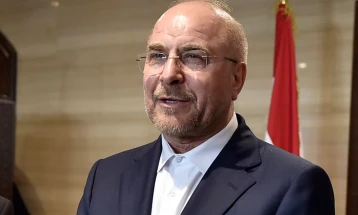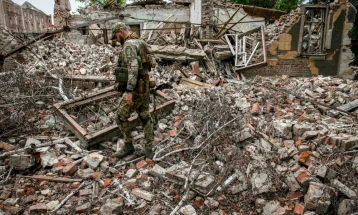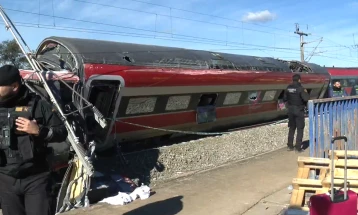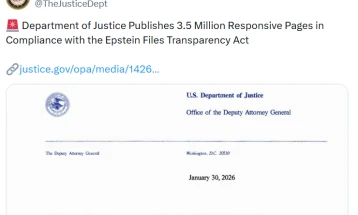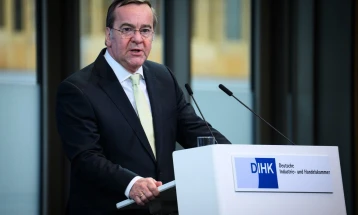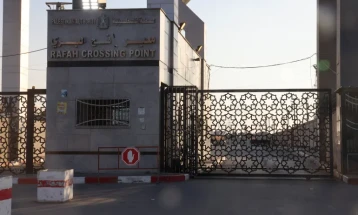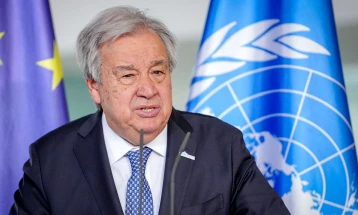Bosniak, Croat nationalists lose Bosnia presidential vote
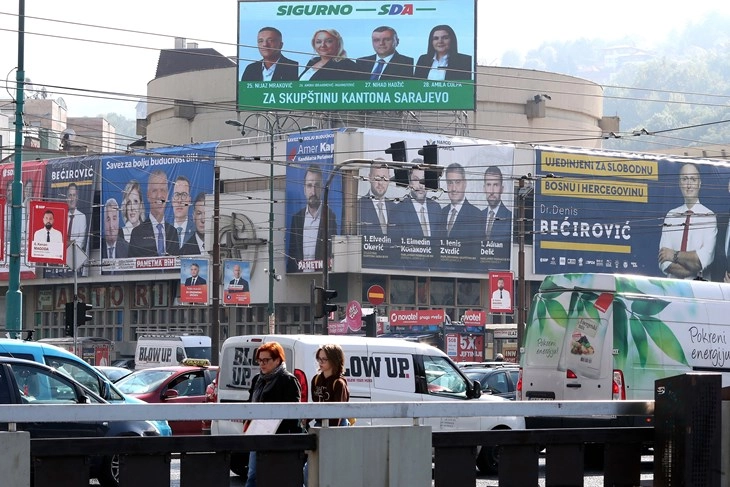
Sarajevo, 3 October 2022 (dpa/MIA) - Nationalists have suffered losses in the elections in Bosnia-Herzegovina but remain the determining force in the complicated power and administrative structure of the small Balkan country.
The main focus was on the election for Bosnia's tripartite presidency, which is the country's top executive and internationally representative body. The inter-ethnic office is shared by one Bosniak, one Serb and one Croat.
Citizens also voted for the federal parliament and the parliaments in the two largely autonomous parts of the country. Bosnia is plagued by friction between groups, with tensions often fanned by ethnic nationalists.
In the battle for the three-member presidency, two of three nationalist candidates were defeated in Sunday's polls, according to official results after 85% of the votes had been counted.
The most obvious success of non-nationalist reform forces was celebrated by Social Democrat Denis Becirovic. With 57% of the Muslim Bosniak vote, he secured the Bosniak seat in the state presidency.
The leader of the Muslim nationalist SDA party, Bakir Izetbegovic, was clearly defeated after garnering only 38% of the vote. This means that for the first time in 12 years, there will be no SDA politician in the state presidency.
Zeljko Komsic, who has run on a platform of reforms, will keep his seat as the Croat representative after defeating his his nationalist opponent, Borjana Kristo of the HDZ.
However, the ethnic Serb seat is staying in the hands of nationalist Zeljka Cvijanovic of the SNSD. She is a confidante of powerful Serbian separatist leader Milorad Dodik, the incumbent who frequently blasts the West and praises Russian President Vladimir Putin.
In addition to the state presidency, citizens on Sunday also elected the federal parliament, the parliaments in the two largely independent parts of the country, the presidency in the Serb Republic (RS) and the cantonal administrations in the Bosnian-Croat Federation (FBiH).
Dodik had given up the national presidential seat to seek the regional presidency of the Serb Republic.
According to the election commission, he won with 49% of the vote against economist Jelena Trivic with 43%.
Despite gains by reformers at the presidential level, nationalist parties from all three groups looked set to continue to dominate in the federal parliament.
In the FBiH, the SDA became the strongest force with 25% of the votes cast there, followed by the Croatian HDZ with 19% and the Social Democrats with 12%.
In the Serb Republic, Dodik's SNSD remains the strongest party at 42% of the vote, with more moderate parties falling behind.
The highly complex governance system - described by many as dysfunctional - was imposed in 1995 as part of the US-brokered Dayton peace agreement. It put an end to the Bosnian War – but also left ethnic leaders with the authority to stop reforms and keep power in the hands of the political elite.
More than a quarter-century after the war ended, hatred and mistrust persist.
The infighting among groups and the corrupt patronage politics of the entrenched national parties prevent the country from solving its real problems: economic backwardness, poor administration and weak rule of law.

